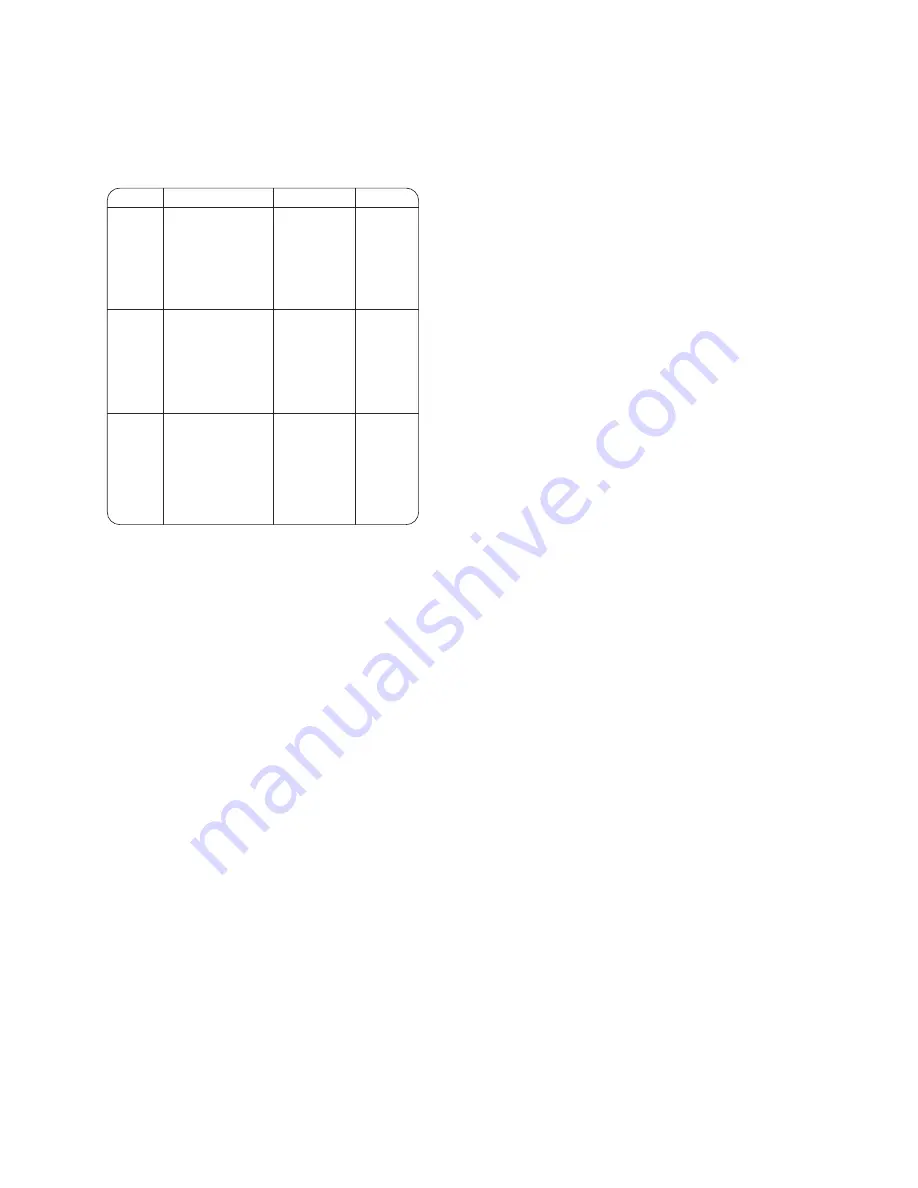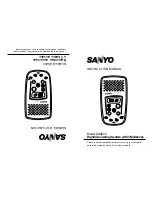
18
* Check your needles frequently for barbed or
blunted points. Snags and runs in knits, fine silks
and silk-like fabrics are permanent and are almost
always caused by a damaged needle.
•
Thread and Needle Chart
Light
weight
Medium
weight
Heavy
weight
Fabrics
Crepe de Chine,
Voile,
Lawn, Organdy,
Georgette,
Tricot
Linens, Cotton, Pique,
Serge, Double Knits,
Percale
Denim, Tweed,
Gabardine,
Coating, Drapery and
Upholstery Fabric
Threads
Fine Silk
Fine Cotton
Fine Synthetic
Fine Cotton
Covered
Polyester
50 silk
50 to 80 Cotton
50 to 60
Synthetic
Cotton Covered
Polyester
50 silk
40 to 50 Cotton
40 to 50
Synthetic
Cotton Covered
Polyester
Needle Size
9
or
11
11
or
14
14
or
16
* In general, fine threads and needles are used for
sewing thin fabrics, and thicker threads and
needles are used for sewing heavy fabrics.
Always test thread and needle size on a small piece
of fabric which will be used for actual sewing.
* Use the same thread for needle and bobbin.
* When sewing stretch, very fine fabrics and
synthetics, use a stretch needle.
The stretch needle effectively prevents
skipped stitches.
* When sewing very fine fabrics, sew over a piece
of paper to prevent distortion.
















































